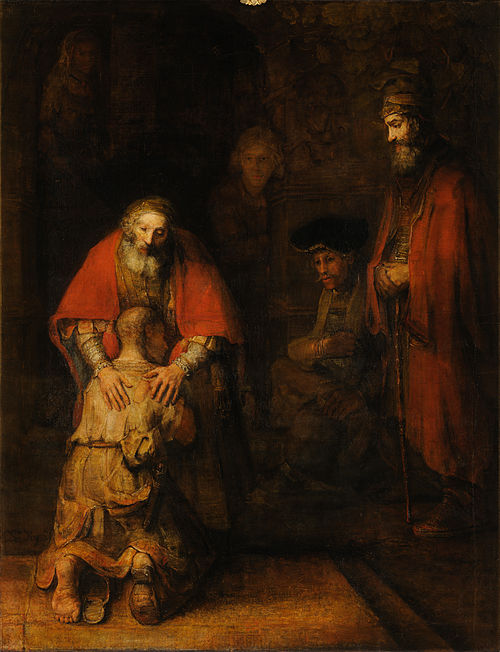Analogynoun
A relationship of resemblance or equivalence between two situations, people, or objects, especially when used as a basis for explanation or extrapolation.
Analogynoun
A resemblance of relations; an agreement or likeness between things in some circumstances or effects, when the things are otherwise entirely different. Thus, learning enlightens the mind, because it is to the mind what light is to the eye, enabling it to discover things before hidden.
Analogynoun
A relation or correspondence in function, between organs or parts which are decidedly different.
Analogynoun
Proportion; equality of ratios.
Analogynoun
Conformity of words to the genius, structure, or general rules of a language; similarity of origin, inflection, or principle of pronunciation, and the like, as opposed to anomaly.
Analogynoun
an inference that if things agree in some respects they probably agree in others
Analogynoun
drawing a comparison in order to show a similarity in some respect;
Analogynoun
the religious belief that between creature and creator no similarity can be found so great but that the dissimilarity is always greater; language can point in the right direction but any analogy between God and humans will always be inadequate
Analogynoun
a comparison between one thing and another, typically for the purpose of explanation or clarification
Analogynoun
a correspondence or partial similarity
Analogynoun
a thing which is comparable to something else in significant respects
Analogynoun
a process of arguing from similarity in known respects to similarity in other respects
Analogynoun
a process by which new words and inflections are created on the basis of regularities in the form of existing ones.
Analogynoun
the resemblance of function between organs that have a different evolutionary origin.
Analogy
Analogy (from Greek ἀναλογία, analogia, , from ana- [also , ] + logos [also ]) is a cognitive process of transferring information or meaning from a particular subject (the analog, or source) to another (the target), or a linguistic expression corresponding to such a process. In a narrower sense, analogy is an inference or an argument from one particular to another particular, as opposed to deduction, induction, and abduction, in which at least one of the premises, or the conclusion, is general rather than particular in nature.
Parablenoun
A short narrative illustrating a lesson (usually religious/moral) by comparison or analogy.
Parableverb
(transitive) To represent by parable.
Parableadjective
(obsolete) That can easily be prepared or procured; obtainable.
Parableadjective
Procurable.
Parablenoun
A comparison; a similitude; specifically, a short fictitious narrative of something which might really occur in life or nature, by means of which a moral is drawn; as, the parables of Christ.
Parableverb
To represent by parable.
Parablenoun
a short moral story (often with animal characters)
Parablenoun
(New Testament) any of the stories told by Jesus to convey his religious message;
Parablenoun
a simple story used to illustrate a moral or spiritual lesson, as told by Jesus in the Gospels
Parable
A parable is a succinct, didactic story, in prose or verse, that illustrates one or more instructive lessons or principles. It differs from a fable in that fables employ animals, plants, inanimate objects, or forces of nature as characters, whereas parables have human characters.







